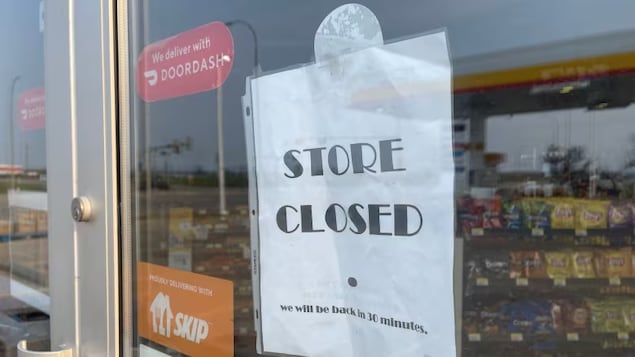Pope Francis today called for a “Copernican revolution” in the post-pandemic global economy, when he addressed his traditional annual speech to the ambassadors accredited to the Holy See, to whom he also expressed his regret for the “political crisis” at the global level and renewed its request to waive the external debts of the poorest countries .
“Often times, we have forgotten the solidarity and other values that allow the economy to be in the service of integral human development, not private interests, and the social value of economic activity and destiny has been lost. Of goods and resources,” the Pope criticized during the one-hour letter in the Vatican’s Blessings Hall .
“Thus, the current crisis is a favorable occasion to rethink the relationship between the person and the economy. What is needed is a kind of new Copernican revolution that places the economy at the service of man and not the other way around.” Francisco was summoned before the representatives of a large part of the 183 countries with which the Holy See has relations. .
In this context, the Pope stressed that the epidemic “sheds light on another disease afflicting us now: an economy based on the exploitation and disposal of people and natural resources.”
Thus, Francisco devoted a passage from his letter to what he called the “crisis of politics,” characterized by “the growth of political opposition and the difficulty, not to mention the inability, to find common and common solutions to the problems that afflicted it. Planet.”
“It is a trend that we have been witnessing for a long time and is spreading more and more even in countries with ancient democratic traditions,” he said, in what seemed to be a reference to the events that occurred last month in the United States of America.
Unfortunately, the crisis in politics and democratic values also affects the international level, with its repercussions throughout the multilateral system and the clear result that organizations designed to promote peace and development, based on law rather than stronger law, see its effectiveness being at risk.
“The pandemic is an opportunity that cannot be missed to think about and implement organic reforms, so that international organizations can restore their basic mission of serving the human family, preserving everyone’s life and peace,” the Pope said.
Jorge Bergoglio raised his ideas for the post-pandemic world, and renewed his call “for every human being to receive the care and assistance he needs.”
“Indeed, the profit logic cannot be the driving a delicate sector such as the healthcare and aid sector”; Firmly lift.
During the pandemic, according to the Pope, “the crisis has particularly affected in many parts of the world those working in the informal sectors, who were the first to witness the disappearance of their livelihoods.”
“Those who live outside the margins of the formal economy cannot even reach social margins, including unemployment insurance and health care,” he said.
In the face of the economic recovery, the Pope also expressed his hope that “the situation we are going through will also be an incentive to waive, or at least reduce, the debts of the poorest countries that in fact prevent the full recovery and development.” (Telam)





